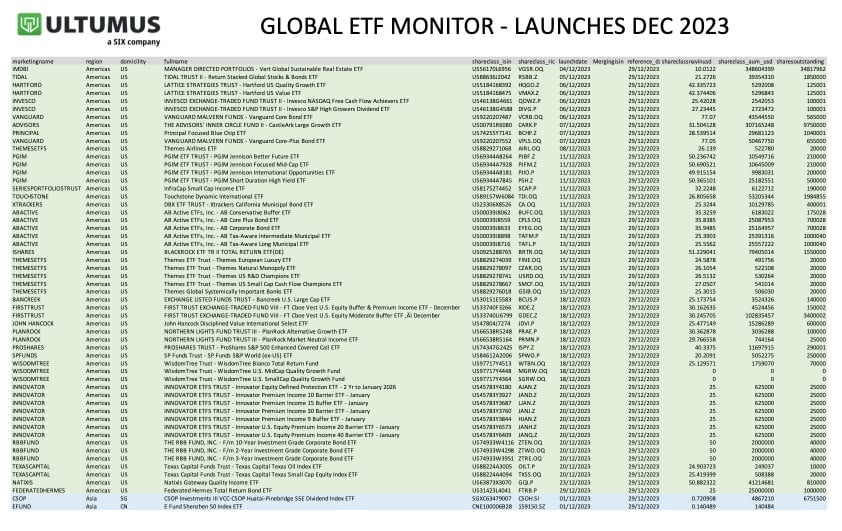VanEck CLO ETF with PineBridge
VanEck has launched an actively managed collateralised loan obligation (CLO) ETF, built in partnership with PineBridge Investments.
The VanEck CLO ETF (CLOI) invests in investment-grade CLOs, at least two thirds of which will be issued in US dollars.
CLOs are essentially actively managed funds (trusts) that buy pools of junk loans. CLOs can buy loans with floating rates, which allows lenders to pass off interest rate risk to the borrower.
In this partnership, PineBridge will manage the CLO and select which companies’ debts go into the trust. While VanEck will run the ETF and face the regulator.
The fund charges 0.40%.
Bernie’s commentary – understanding the ratings agencies
We didn’t really see any CLO ETFs before 2020. That’s because, as I understand it, these things require active management (they often buy loans off banks’ balance sheets on a discretionary basis) and the US listing rules around actively managed ETFs weren’t flexible enough.
But they’re here now, so investors need to understand the risks and potential rewards.
The way CLOs work is that they buy low rated debt. And when they buy debts from a broad enough array of companies (often over 200 of them), the ratings agencies deem them to be diversified and issue them with an investment grade credit rating. Thus, a CLO full of junk debt can – confusingly – have an investment grade credit rating.
These CLOs are then split into tranches from AAA to B. Where the tranches are not determined by creditworthiness (i.e. balance sheet strength) as such, but by order of payment. (AAA gets paid first).
The potential appeal of a CLO, as with any debt instrument, is yield versus risk. Investors in CLOs take on more risk than they would buying investment grade corporate bonds. And thus can receive higher yields.




